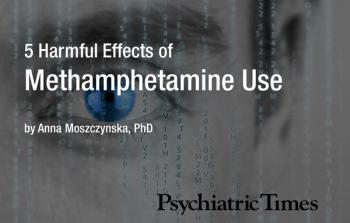
Powerfully addictive, methamphetamine has devastating effects on health and other aspects of life. What is the net result of chronic methamphetamine abuse? Here are 5 of the major indicators.

Powerfully addictive, methamphetamine has devastating effects on health and other aspects of life. What is the net result of chronic methamphetamine abuse? Here are 5 of the major indicators.
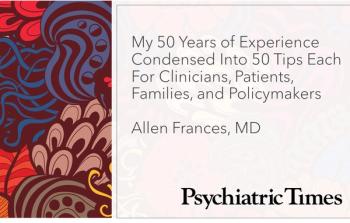
In this 4-part collection, the author shares his experience and provides guidance to all involved in the mental health field-patients, physicians, families, and policymakers.
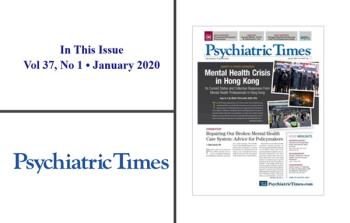
13 psychiatry stories you may have missed: A round-up of the latest issue of Psychiatric Times, all in one place, with a bonus PDF.
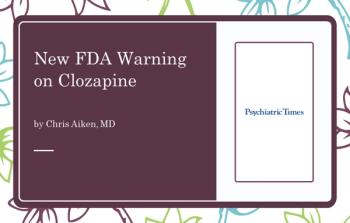
This adverse reaction to clozapine causes more fatalities than neutropenia. Here’s how to prevent it.
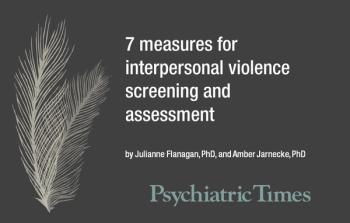
Data suggest that it is important for mental health professionals to screen for interpersonal violence and provide relevant treatment referrals. A selection of widely available and validated interpersonal violence screening measures are described in this slideshow.
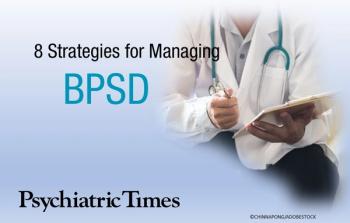
Recommendations for the use of antipsychotics for the management of behavioral and psychological symptoms of dementia.
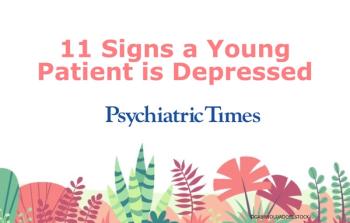
A brief synopsis on how to spot major depression in youth.
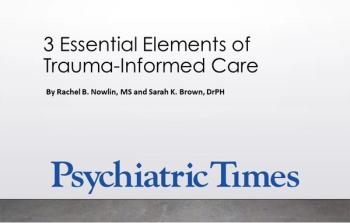
Patients with serious mental illness such as schizophrenia are more likely to report greater impairment in general functioning as a result of trauma, which is why trauma-informed care is so important.
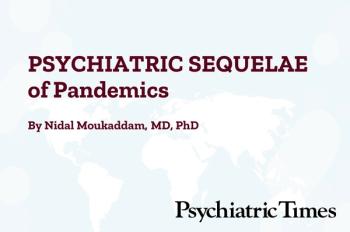
Psychiatrists are likely to encounter patients with depression, anxiety, and paranoia related to communicable diseases and pandemics. Following is a summary of memorable epidemics/pandemics.
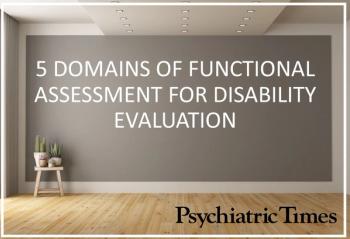
Problems with any one of these domains can disrupt an individual’s capacity to sustain work capacity.
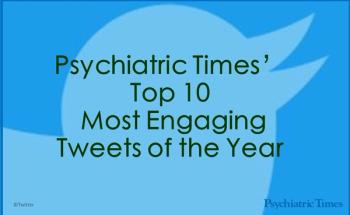
In case you missed it, here are some of the most active tweets of the year.
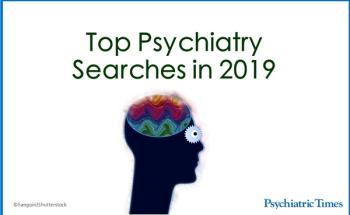
Psychiatrists searched for many topics in 2019. Here is a handful.
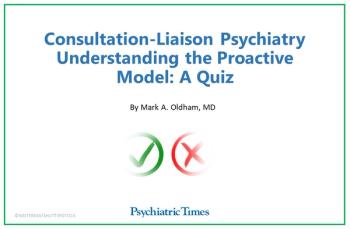
How much do you know about the innovative Proactive Consultation-Liaison (C-L) Psychiatry model? Learn more and test your knowledge in this interactive quiz.
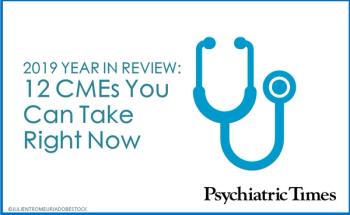
Our gift to you, this year's CME topics ranged from adult autism to ketamine, caffeine, TBI, and more. Credit is open to all health professionals.
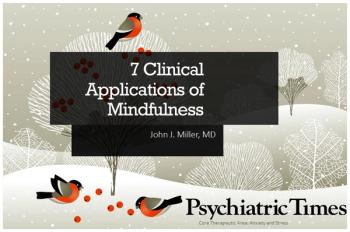
Medicine and psychology have integrated the basic principles of mindfulness into many diverse treatment modalities. Seven are listed here.
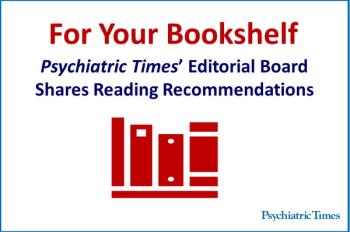
For your bookshelf: Psychiatric Times’ Editorial Board shares reading recommendations.

We may have strong (psychological) bones, but they are still susceptible to stress fractures. Face the new year armed with these guidelines on combatting symptoms of burnout, written by an expert in the field.
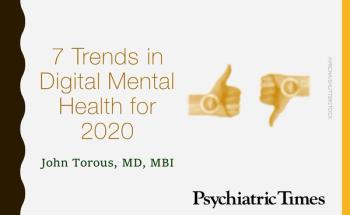
It has been a busy year for digital mental health. While no one knows what 2020 will bring, some themes are sure to continue to shape the field.
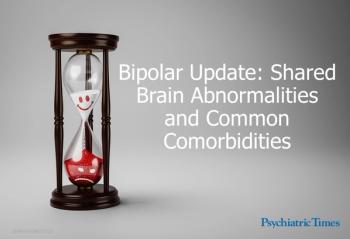
A summary of some of the latest findings in bipolar disorder research.
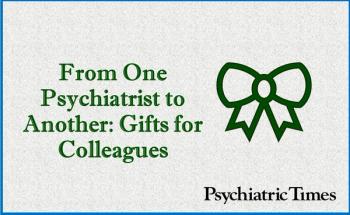
Let’s face it. We don’t accept gifts from patients or colleagues that may compromise the therapeutic or professional relationship. But it is always nice to be remembered.
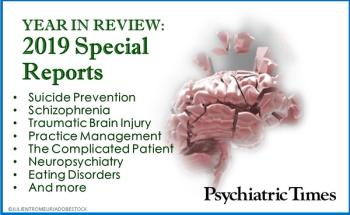
As varied as the field of psychiatry itself, our Special Report collections covered issues such as eating disorders, traumatic brain injury, practice management, schizophrenia and depression, complex medical comorbidities, and more. Here's a sampling.
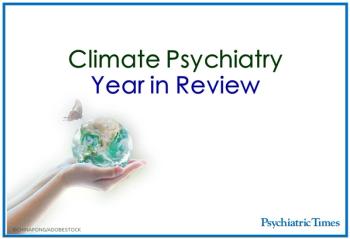
Climate medicine: What was once on the radar of just a handful of physicians has exploded into awareness, alarm, and sometimes debate and skepticism. No matter how you look at it, psychiatrists are on the front lines.
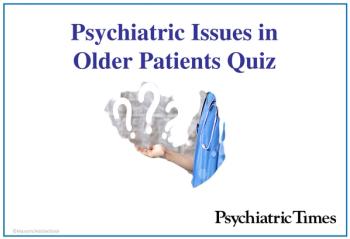
As the aging population grows, depression in older adults is also on the rise. Read the short case and test your knowledge.

Depression predominates across the lifespan in patients with bipolar disorder. Here: A discussion about (and beyond) the four FDA-approved drugs to treat symptoms.

Research underscores the potential role of maternal bacterial infections during pregnancy in the etiology of psychosis.
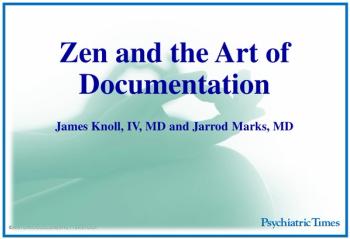
Lawyers tend to be good at spotting unexplained inconsistencies in documentation. Take these steps to protect yourself.
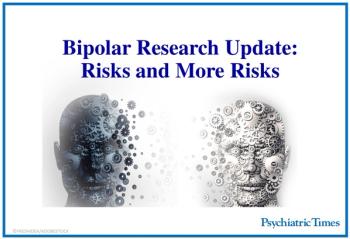
Bipolar disorder heightens Parkinson risk, ADHD persistence may mediate bipolar spectrum disorder risk, and rapid cycling catalysts identified-these are some of the latest findings.
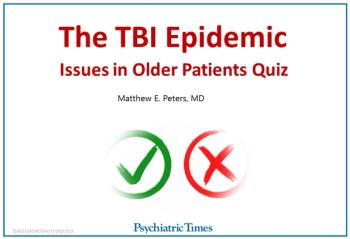
Traumatic brain injury in older adults is a rising epidemic. Test your knowledge on the issues facing your patients.
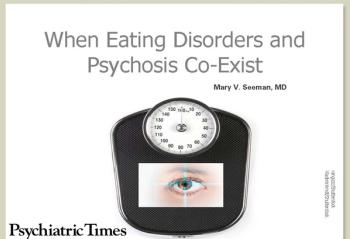
The body image disturbance at the heart of anorexia nervosa is a false perception akin to the perceptual disorders found in schizophrenia.
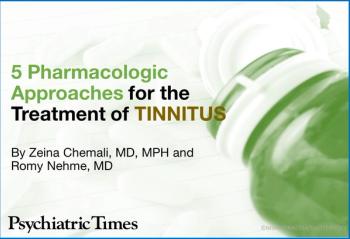
Tinnitus affects 50 million people in the US and can require urgent medical assistance. It can also cause considerable anxiety and even hallucinations. Reducing symptom intensity is key.